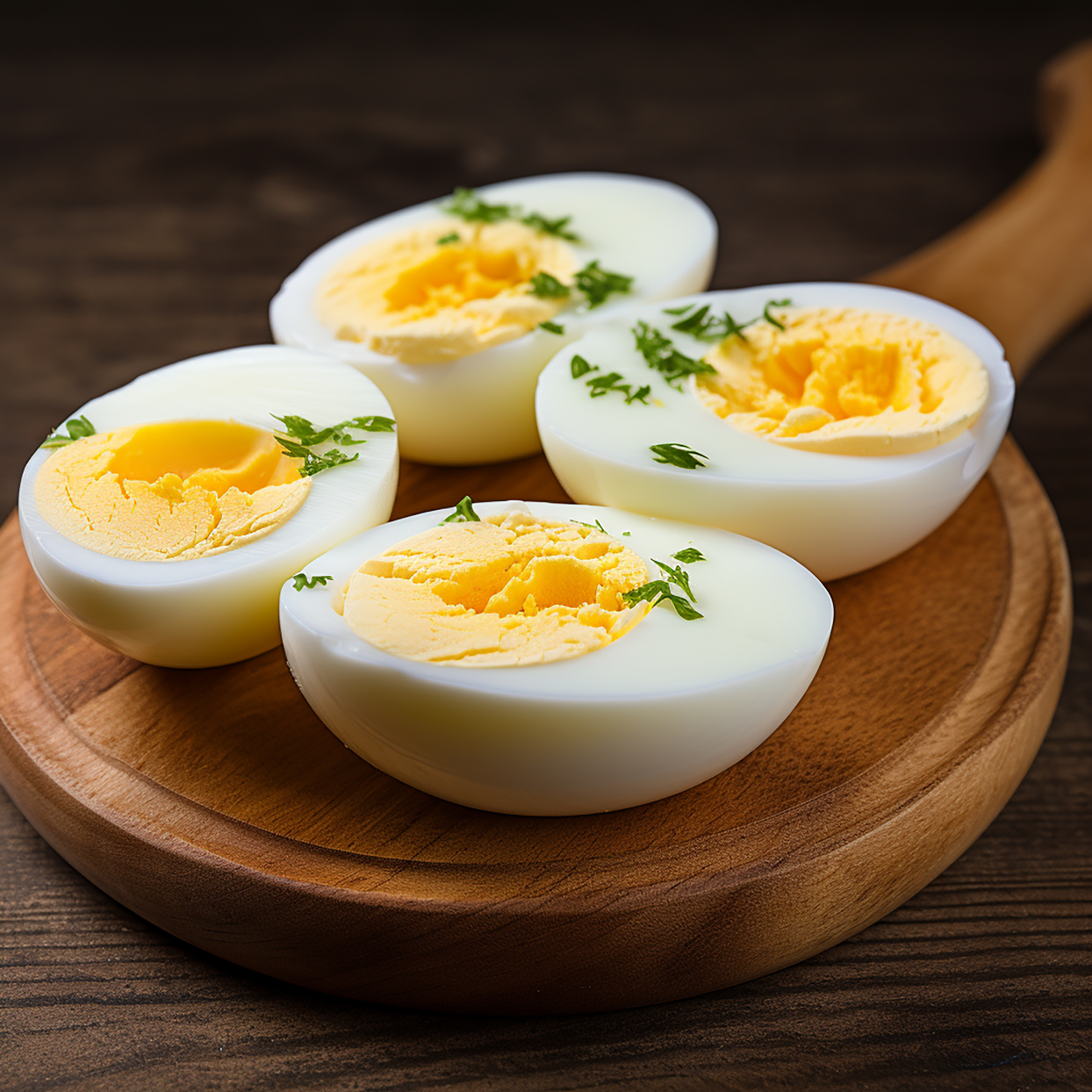The bright yellow center of an egg is called the yolk. Packed with essential fats, calories, vitamins, and minerals, it’s a staple of a well-balanced diet. While egg white offers protein, the yolk is a treasure trove of nutrients. Let’s delve into the nutritional superpower that is the egg yolk and whether it is healthy to eat.
Myth of Egg Yolk
For many years, egg yolk was mistakenly blamed as a dietary culprit, connected to high cholesterol and an increased risk of heart disease. This misperception led to many people choosing egg whites over entire eggs, depriving themselves of a nutrient-dense powerhouse. Contrary to common misconception, while egg yolks do contain cholesterol, their nutritious worth greatly outshines this one component.
Facts about Egg Yolk
Eggs are a high-protein food associated with lower cholesterol, blood pressure, and inflammatory levels. While each egg yolk contains around 185mg of cholesterol, its phospholipids are considered to protect against Alzheimer’s disease. Including eggs in your diet is usually recommended, with a daily limit of 300mg for best results.
Nutrients in the Egg Yolk
Egg yolks are a nutritional catalyst, rich in vitamins A, D, E, B12, and K, as well as iron, riboflavin, and folate. Cholesterol in egg yolks stimulates testosterone synthesis, which can enhance energy levels. Furthermore, the beneficial fats in egg yolks might help lower LDL cholesterol. This study demonstrates that including egg yolks in a healthy diet can be helpful.
Benefits of Egg Yolk
- Improves eye health
- Rich in essential fats and minerals
- Contains beneficial cholesterol
- Aids digestion
Conclusion
Consuming the entire egg delivers a more balanced and comprehensive nutritional composition than only egg whites. The yolk contains essential vitamins, minerals, and good fats, all of which contribute to a healthy and longer life.






